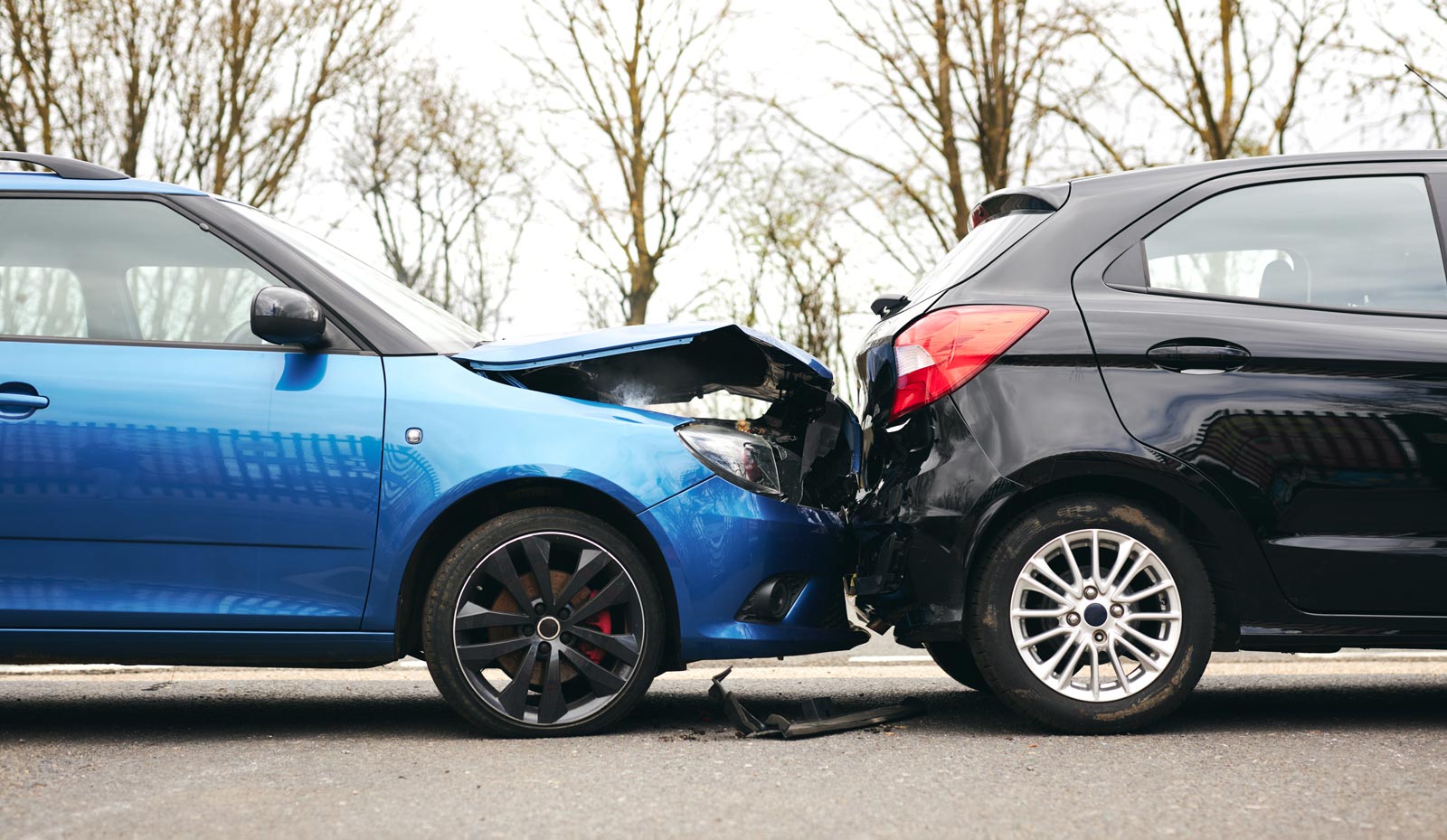A car accident not only impacts your physical health, but it can affect your mental well-being too. Unfortunately, many car wreck victims don’t tend to the psychological trauma they’ve suffered during a wreck.
That’s understandable, because the journey of physical recovery for many injured victims is a long one, and doctor’s appointments and physical therapy can seem to demand all your attention in the aftermath of a crash. However, it’s important not to ignore psychological symptoms after a car wreck, and to seek treatment when those symptoms interfere with your daily life and other aspects of your recovery.
Car Wreck Victims Frequently Struggle With Anxiety and Depression
In the days and weeks following a car wreck, many victims experience a rollercoaster of emotions: shock, disbelief, anger, worry, fear, sadness, confusion. These feelings should subside and get easier to manage over time, but sometimes they don’t.
If you find that you experience troubling emotions like persistent fear or sadness that get stronger with time and begin affecting your daily life, you may be experiencing symptoms of post-traumatic stress disorder (PTSD). Some victims experience PTSD symptoms right away after a car crash; for others, symptoms may begin with a mental or emotional trigger that occurs weeks or months after the initial trauma.
Two other major concerns for car wreck victims are anxiety and depression, both of which are very common among people who have been seriously injured. Many victims face a new life that looks very different because of their injuries; they may have new limitations and may not be able to work or participate in their favorite hobbies and activities. Some victims may even find it hard to socialize or spend time with loved ones after a serious wreck, especially if they’ve suffered a concussion or traumatic brain injury.
All of this can take an incredible toll on victims, leaving them at an especially high risk for anxiety and depression as well as the many other health complications that tend to come with those mental health conditions.
“Some victims experience PTSD symptoms right away after a car crash; for others, symptoms may begin with a mental or emotional trigger that occurs weeks or months after the initial trauma.”
When to Seek Help for Mental Health Symptoms After a Crash
You should ask your primary care physician for a referral to see a mental health professional if you are struggling with any of the following symptoms in the wake of a car wreck:
- Increased anxiety or uneasiness
- Irritability or excessive anger
- Persistent nightmares or dreams about the accident
- Lack of focus
- Unmanageable fear of driving or riding in cars
- Feeling emotionally disconnected
- Difficulty eating or sleeping
- Relying on drugs or alcohol to cope
- Thoughts of hurting yourself or others
Don’t ignore psychological symptoms in the weeks and months following the trauma of a car accident. Acknowledge your feelings and emotions, no matter how difficult they are to deal with, and talk to your doctor about your thoughts and your quality of life. Reach out to a friend, family member, or support group if you need someone to talk to or aren’t sure where else to turn.
And if you have thoughts of self-harm or hurting others, contact your mental health provider immediately or call the National Suicide Prevention Lifeline at 1-800-273-8255. Remember: You don’t have to manage your psychological symptoms alone, and there is always hope.
Psychological Stress Can Impact Your Physical Recovery After a Car Wreck
Addressing mental health challenges after a crash isn’t just a matter of improving your mood. In fact, it’s an important component of the physical recovery process. Studies have shown that psychological stress can slow down the healing process from an injury and lead to worse outcomes during and after surgery.
In a 2012 article published in Immunology and Allergy Clinics of North America which examined several available studies, the authors found that psychological stress can have a substantial and clinically relevant impact on the body’s ability to heal from wounds. The authors concluded that “greater fear or distress prior to surgery has been associated with poorer outcomes, including longer hospital stays, more postoperative complications, and higher rates of rehospitalization.”
Meanwhile, psychologist Susanne Babbel, writing in Psychology Today, notes that when the body stays in a continuous state of “fight-or-flight” arousal and fear on a long-term basis, it can cause chronic pain.
“If the nervous system stays in survival mode, stress hormones such as cortisol are constantly released, causing an increase in blood pressure and blood sugar, which can in turn reduce the immune system’s ability to heal,” Babbel writes. “Physical symptoms [like pain] start to manifest when the body is in constant distress.”
All of this means that it’s very important to address mental health symptoms and manage stress after a wreck. For many victims, their legal case is one source of major anxiety and stress, which is why it often helps to contact an experienced car accident attorney for advice and guidance as soon as possible after a serious car accident.
Crosley Law: Fighting for Car Accident Victims in San Antonio
The attorneys at Crosley Law take mental health care after a car crash very seriously. If you or someone you know has been injured in a motor vehicle collision, contact our office right away. Call 210-LAW-3000 | 210-529-3000 or fill out a quick and easy contact form to schedule your free consultation.
Our attorneys have the knowledge and experience to address your questions and concerns, and if we’re able to take your case, we will fight to get you and your loved ones compensation for your losses. We handle personal injury cases on a contingent fee basis, which means you don’t owe us a dime in legal fees or expenses unless we help you get a settlement or win your case in court.
References
Babbel, S. (2010, April 8). The connections between emotional stress, trauma, and physical pain. Psychology Today. Retrieved from https://www.psychologytoday.com/us/blog/somatic-psychology/201004/the-connections-between-emotional-stress-trauma-and-physical-pain
Gouin, J.-P., & Kiecolt-Glaser, J. K. (2011). The impact of psychological stress on wound healing: Methods and mechanisms. Immunology and Allergy Clinics of North America, 31(1), 81–93. Retrieved from http://doi.org/10.1016/j.iac.2010.09.010
The content provided here is for informational purposes only and should not be construed as legal advice on any subject.









